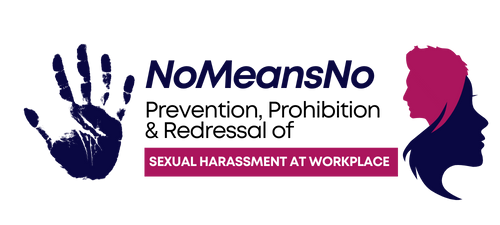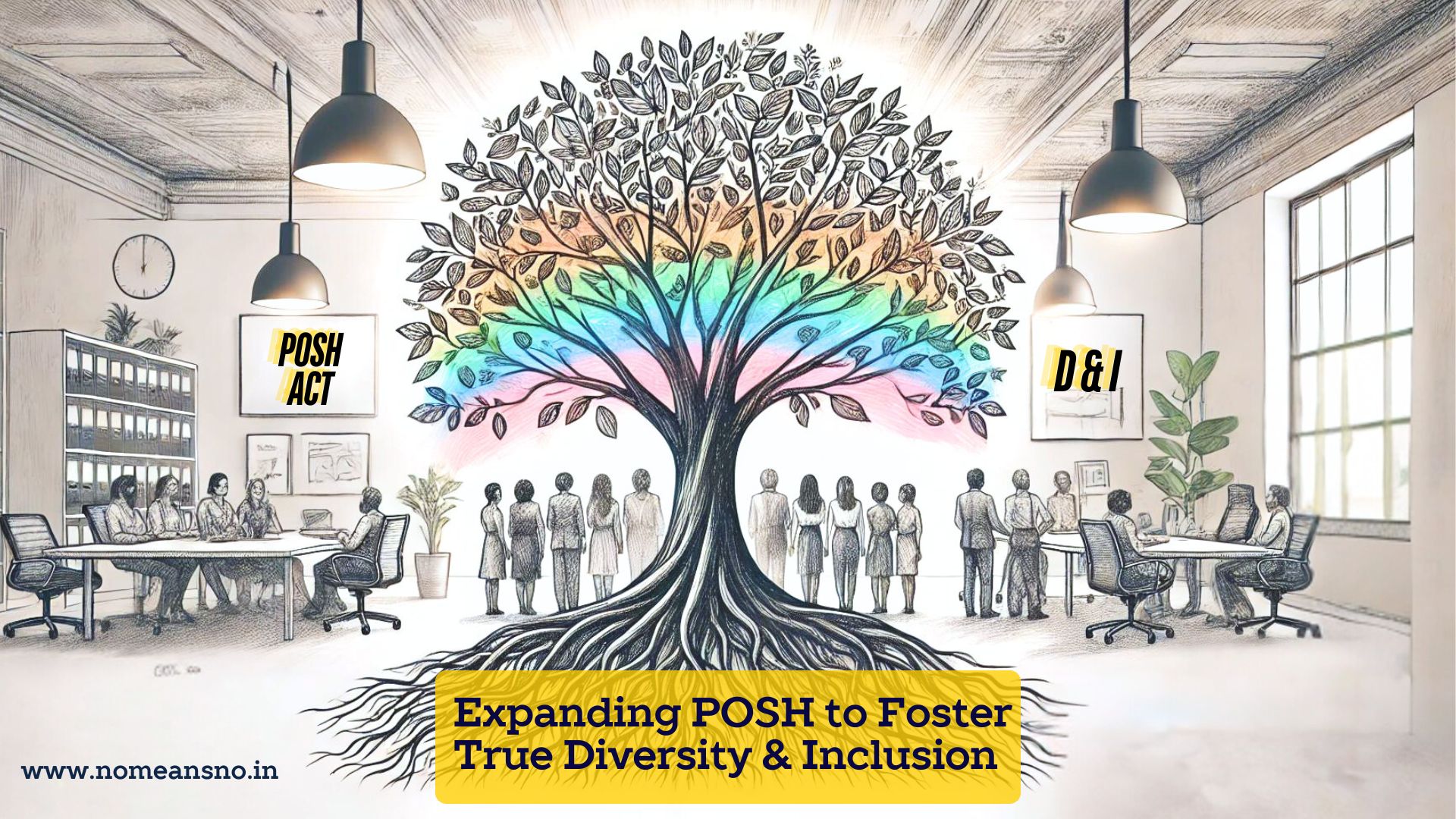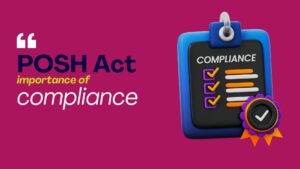The Case for Gender-Neutral POSH Compliance in India
Sitting and sipping tea while watching the snow-capped peak of Nanda Devi in a serene village in Uttarakhand, my mind wanders into an important issue: POSH compliance in India. The POSH Act, 2013, is enacted to prevent sexual harassment at workplaces, yet there is a plethora of debate surrounding its scope.
Why does the POSH Act only protect women?
This question has become quite common in my POSH training sessions and during compliance audits. Some argue that to include males would be to dilute the impact of the POSH policy, while others assert that the law governing workplace harassment in India needs to evolve to include all genders.
The reality is- workplace harassment is a question of power today, not gender. Addressing this emerging reality is about time.
Historical Roots: From Vishaka Guidelines to the 2013 POSH Act
The Prevention of Sexual Harassment (POSH) Act, 2013, was landmark legislation that made the Indian workplace safer for women. It was catalyzed by decades of unreported cases of harassment and landmark decisions such as Vishaka Guidelines issued by the Supreme Court of India.
Now that workplace ambience is going for a change and the D&I policies are taking a more pan-dimensional view, the very idea of gender orientation of the law is being questioned.
Is the POSH Act Biased?
The critiques of the Act often argue that men and LGBTQ+ employees who have encountered harassment have no legal recourse under the 2013 POSH Act.
Supporters maintain that broadening the law would weaken protections for women, who still constitute the majority of workplace harassment cases.
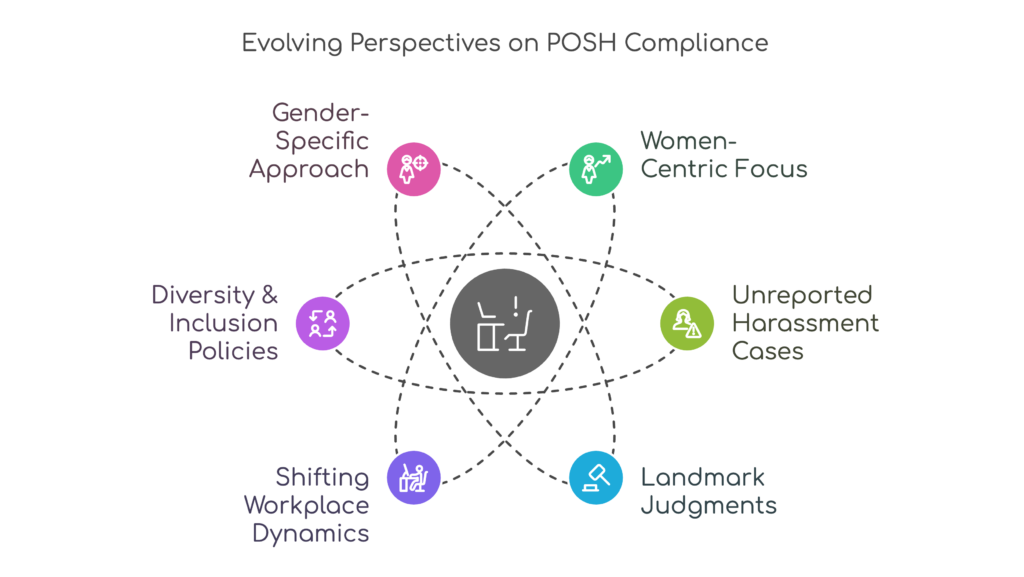
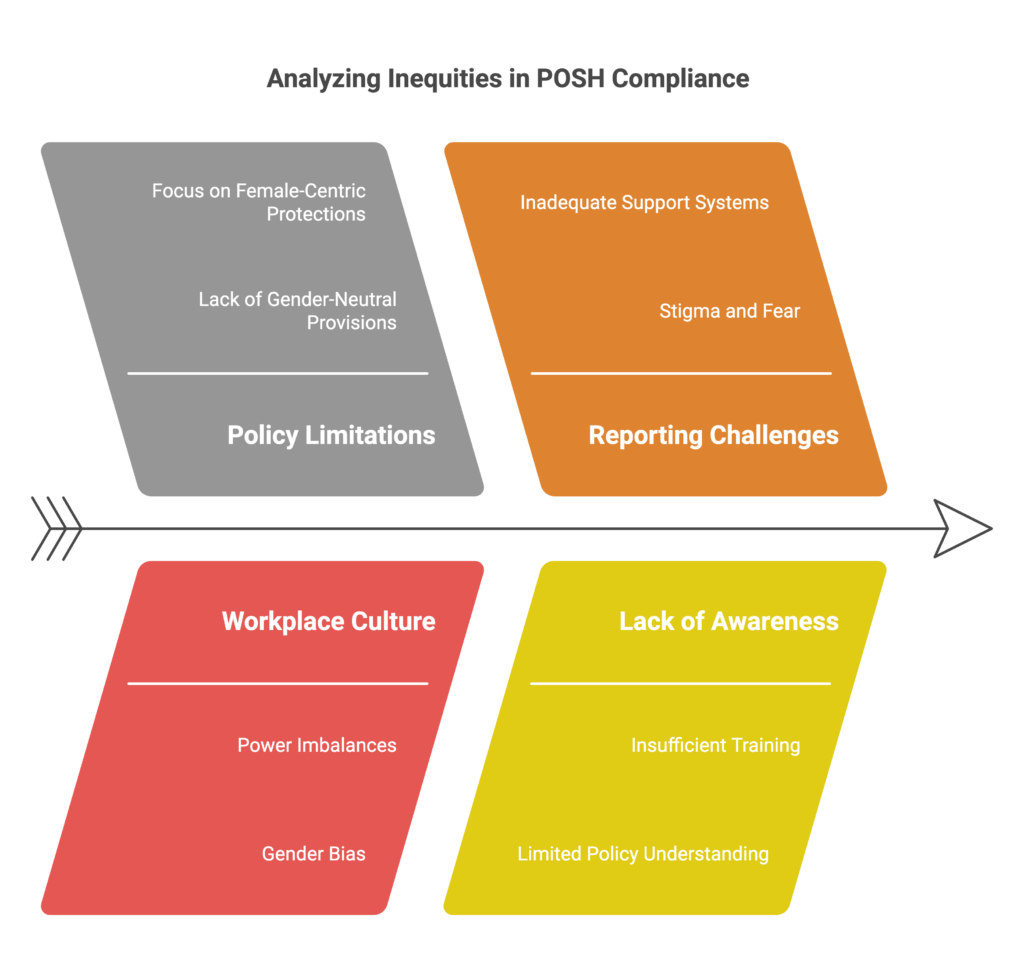
Diversity & Inclusion: When Inclusion Lacks Protection
During my POSH compliance audit engagements, I have met with many employees from diverse backgrounds. A frequently recurring topic was how employees that had entered through a D&I initiative often felt unsupported in their workplaces.
One such case remains vivid in my memory. A young professional from the LGBTQ+ community was being targeted with jokes and microaggressions within weeks of their hiring under a diversity hiring program.
While there was ostensibly a POSH policy in place in the company, there was no framework available to handle what had transpired. Harassment isn’t always openly demonstrated: it can be subtle, and systemic, and lies deep in the fabric of workplace culture.
Statistics Speak Volumes
According to reports:
- 38% of Indian respondents agreed that men are as vulnerable to sexual harassment as women in today’s workplaces; this perception was higher in cities such as Hyderabad and Mumbai at 55%.
- A Glassdoor-commissioned survey reported that 55% of LGBTQ+ employees in India had experienced or witnessed anti-LGBTQ+ comments by co-workers.
These numbers reveal a glaring gap, our workplace harassment laws in India are failing to protect a significant portion of the workforce.
Why POSH Compliance Needs a Gender-Neutral Approach
Historically, power in the workplace existed predominantly among men, with women becoming the primary subjects of harassment. The power structures in the corporate world evolve.
Harassment is No Longer About Gender, It’s About Power
That means in workplaces:
- Women in leadership positions might misuse their power.
- Men were in junior positions and were bullied, discriminated against, and sexually harassed.
- LGBTQ+ employees are discriminated against without legal protection.
If POSH compliance in India really intends to come up with safe working places, then protection needs to transcend gender.
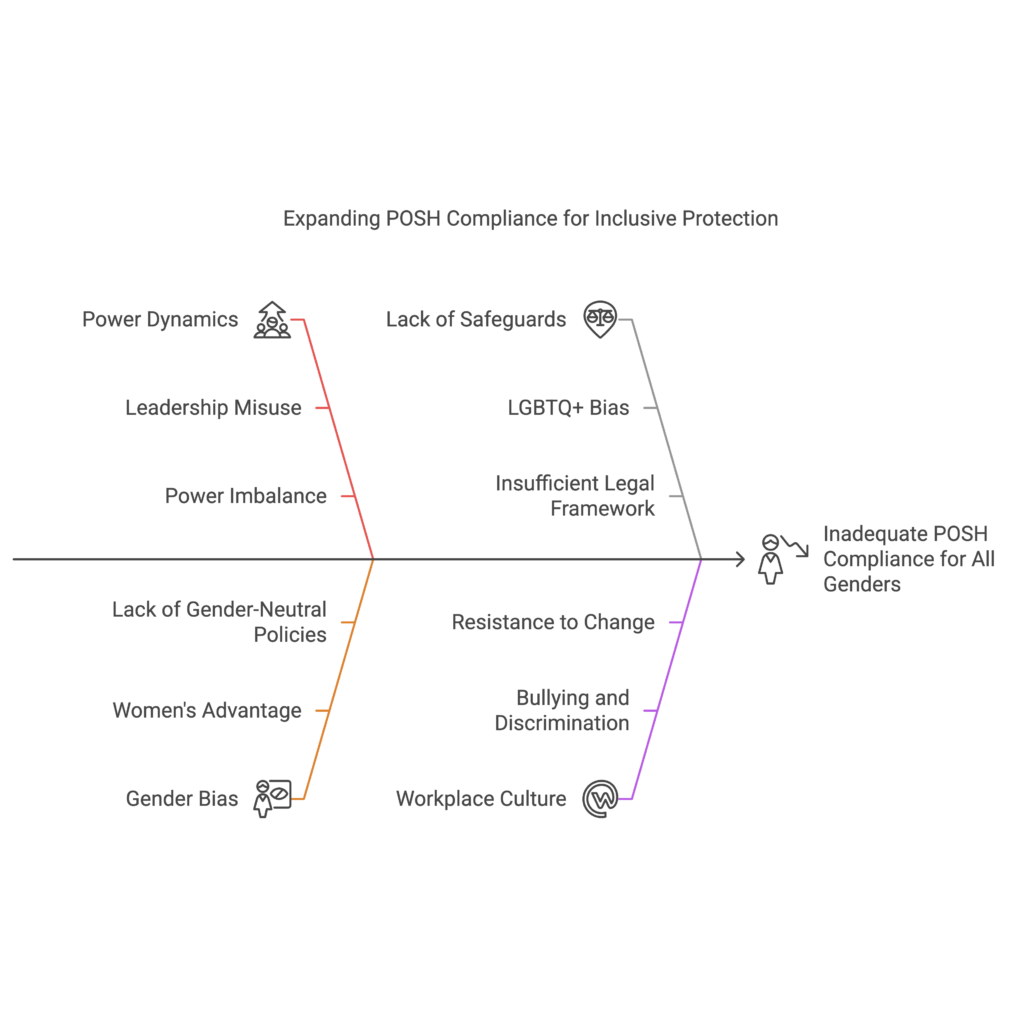
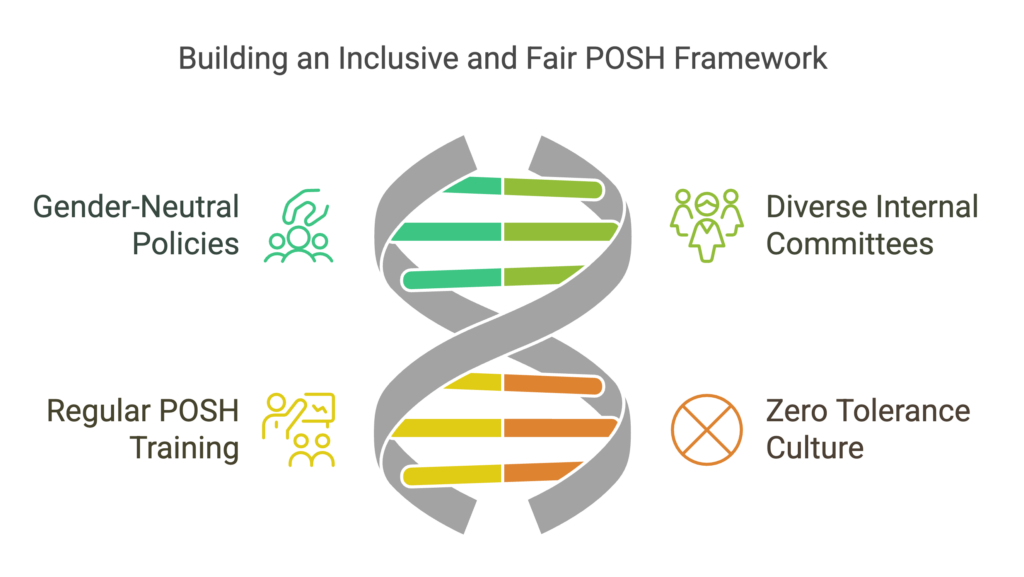
Beyond Compliance: How Organizations Can Build Safer Workplaces
Legal changes take years, while organizations can act right now to build inclusive and harassment-free workplaces.
Steps Companies Can Take Today
- Widen POSH Policies – Enact gender-neutral workplace harassment laws in India.
- Diverse ICs – Ensure men, women, and LGBTQ+ members form the POSH IC to ensure fairness in investigations.
- Regular POSH Training – Avoid the tick-box approach and get interactive and scenario-discussion oriented.
- Zero tolerance culture – enforcing strong anti-harassment policies through internal HR guidelines.
At NoMeansNo, we aim at a full spectrum POSH compliance framework well beyond the bare legal mandate. POSH training must be transformative and not just a ritual.
In the Forefront of POSH Compliance in India
As the sun comes into full bloom over the Himalayan peaks, a thought lingers, why wait? Should we wait for more harassment cases before acknowledging that workplace safety must extend to all genders?
This Act of 2013 on POSH was quite an epoch-making event, but the future calls for an inclusive POSH compliance model in India. It’s time to shift gears from compliance to cultural change where workplaces are really safe, diverse, and devoid of harassment for everyone.
Take Action: Ensure Your Workplace is Safe for Everyone
Are you looking to create a truly inclusive and POSH-compliant workplace?
📢 Learn more about our expert-led POSH Train The Trainer Program and compliance services.
📢 Book a consultation today to strengthen your workplace policies!
#NoMeansNo
